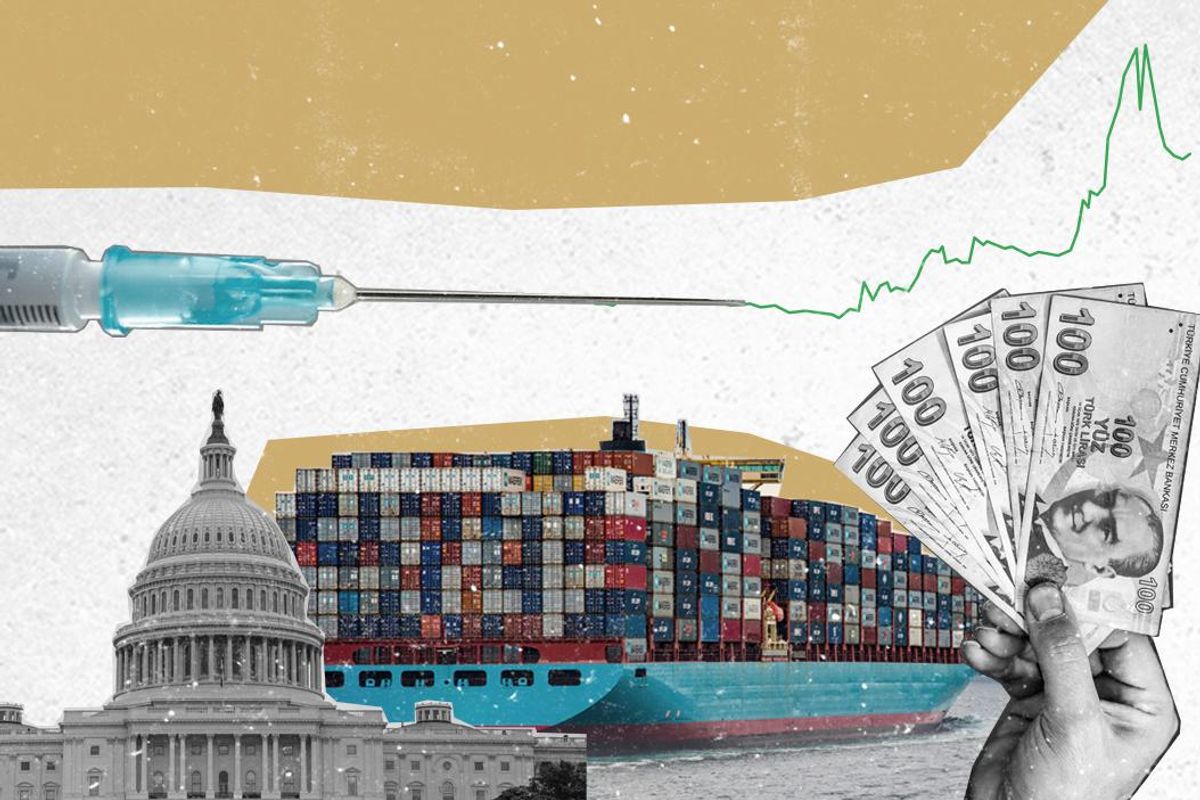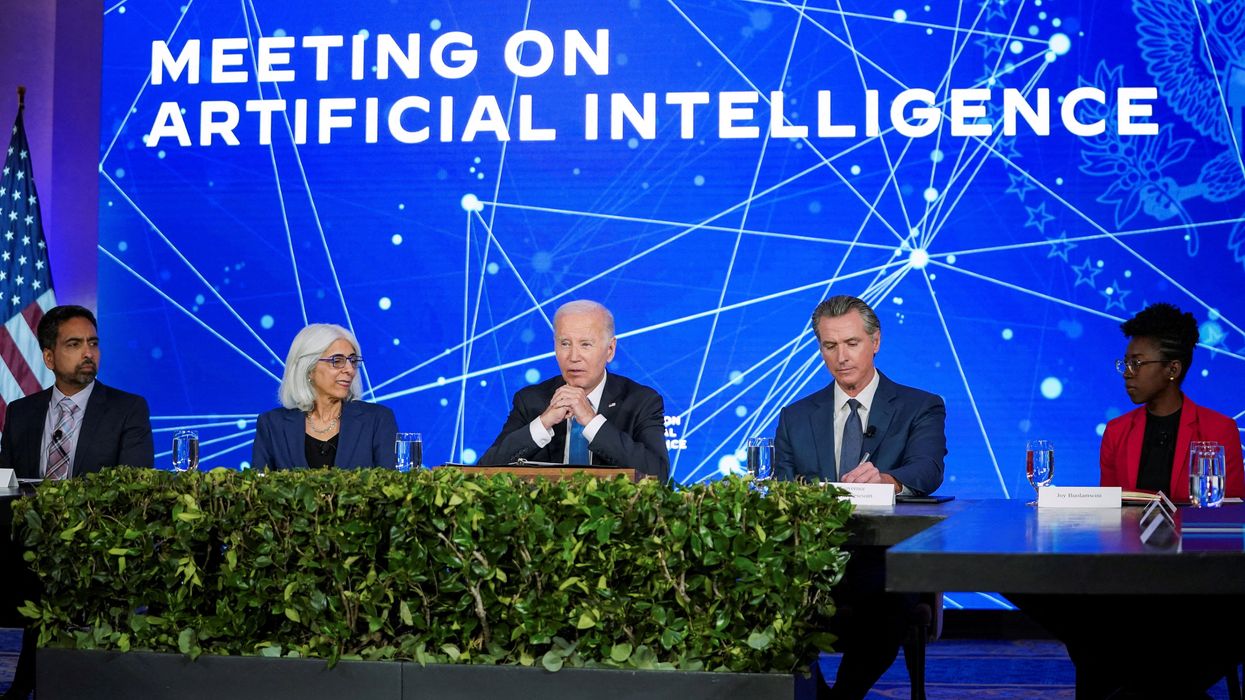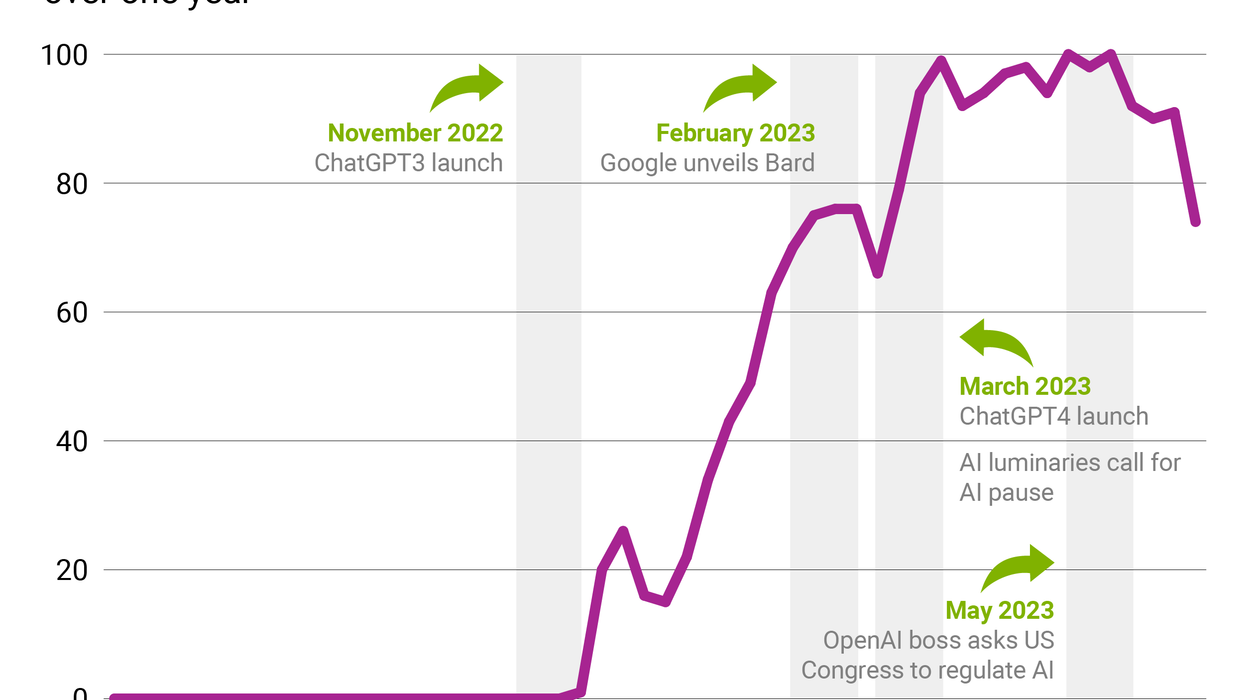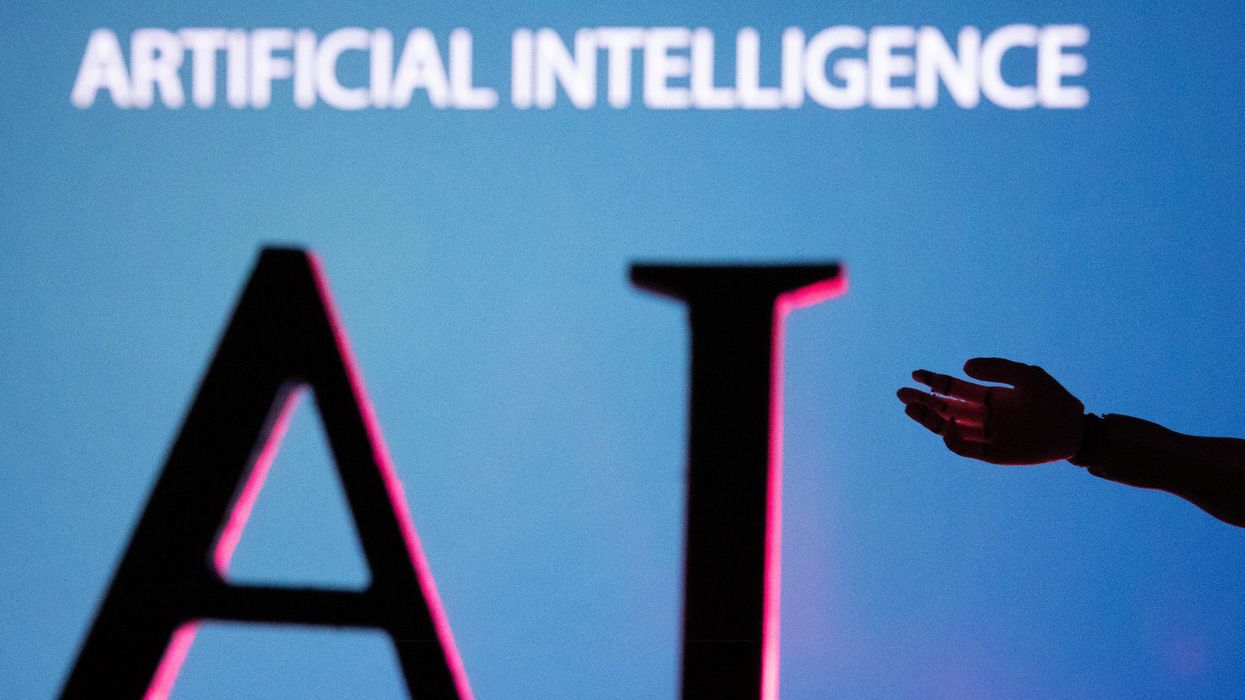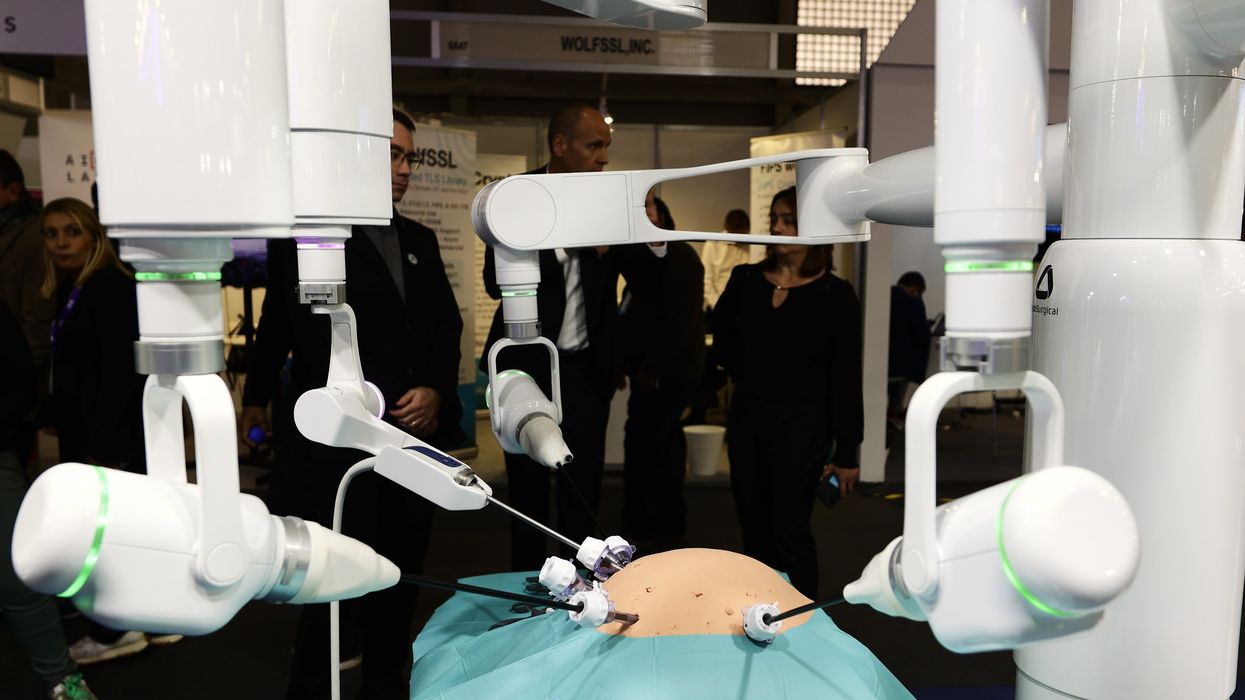Everybody's talking about inflation these days. Rising prices are affecting people from all walks of life, all around the world.
In the US, buying a used car now costs on average 45 percent more than it did in January. Europeans are bracing for a tough winter with soaring natural gas prices that come at the worst possible time.
Asian investors mentioned the word "inflation" on calls this quarter the most times since 2003, when the SARS epidemic battered China's economy. In Lebanon, whose annual rate of inflation is now the world's highest, surpassing Venezuela and Zimbabwe, most people buy local not to support local businesses but rather because they can't afford imports.
Inflation, however, isn't always bad, and is actually a sign of a healthy economy as long as it stays around an annual 1.5-2 percent. But now in most countries it's creeping up too much due to the economic fallout from the ongoing pandemic.
Eighteen months later, demand is booming. Consumers have a lot more cash burning in their wallets than a year ago because they didn't spend much at all in 2020. Businesses too are humming again, and need energy and raw materials to keep their plants running and products delivered on time.
But the real problem is on the supply side. Persistent COVID-related disruptions to supply chains mean there's simply not enough stuff, or you can't get it as fast as you'd like. When you can, it's gotten more expensive, and as the added costs get tacked on, the price of everything goes up.
For instance, a new car has become a luxury all around the world due to a global shortage of semiconductors. If you're in the market for a new house or want to build a factory, prices are going through the roof and projects are getting delayed because building materials — particularly those sourced from overseas, which is the case for most countries — are scarce and will take longer to acquire.
Meanwhile, inflation is fast becoming a global political headache.
Most Brazilians blame President Jair Bolsonaro for the rise in their cost of living. In Turkey, President Recep Tayyip Erdogan has already fired two central bank governors since the pandemic began because they opposed the big stimulus spending he needs to stay popular while the country's currency plummets and inflation remains sky-high. Tunisia's President Kais Saied is also feeling the heat after having had little success persuading businesses to lower their surging prices.
US President Joe Biden's ambitious plans to expand the country's social safety net could get tanked by moderate Democrats who fear investing $3.5 trillion now will spur more inflation just as the economy is stabilizing, and have Republicans on their side. But there's also a bipartisan generational divide: a survey commissioned by the Federal Reserve shows that retiring boomers — many still traumatized by the 1970s "stagflation" period of low economic growth coupled with double-digit inflation — are a lot more worried about inflation than younger Americans.
Still, there's little that can be done right now to fix the problem from the supply side. Central banks raising interest rates could temper demand, removing some of the pressure on prices, but it won't move the needle on inflation from messed-up supply chains while COVID lingers.
Moreover, when governments do intervene on supply by restricting exports that other countries need, for instance Argentinian beef or Russian wheat, it makes things worse because such distortions may provide some short-term relief but in the long term only further increase demand — and therefore costs for everyone. (This, along with several climate-related droughts, explains why global food prices are now rising at the highest pace since 2007, when food riots sparked a wave of social unrest across parts of Africa and Asia.)
Inflation clearly wasn't a blip, but most economists say we shouldn't panic (yet). Inflation, they say, will likely return to target levels once the pandemic is behind us. But as long as COVID stays, so will its disruptor effect on all economies. So perhaps the way out of today's inflation is to get vaccines everywhere.
